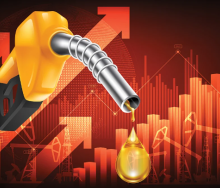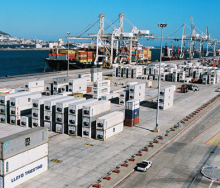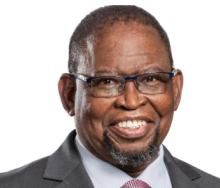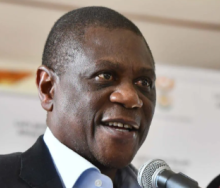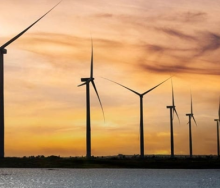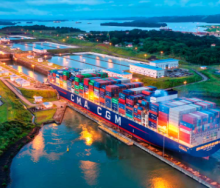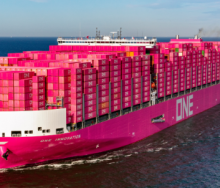Freight volumes across Africa are unlikely to be influenced by an increase in manufacturing output, which is hampered by poor and unreliable power supply in at least 33 countries on the continent.
Economic development in the world’s least developed countries (LDCs) is being hampered by the failure of electricity utilities to meet targets for providing power to businesses and households, according to The Least Developed Countries Report 2017: Transformational Energy Access released on November 22 by the United Nations Conference on Trade and Development (Unctad).
More than 40% of businesses operating in LDC countries are held back by inadequate, unreliable and unaffordable electricity. On average, they suffer 10 power outages per month, each lasting around five hours, and this costs them 7% of the value of their sales, according to the report.
Some 33 of the world’s 47 LDCs are in Africa. They include South African Development Community members Mozambique, Lesotho, Zambia, Malawi, Angola, Tanzania, Madagascar and the Democratic Republic of Congo (DRC). Zimbabwe is among the countries that have declined to be listed as an LDC.
The importance of affordable and reliable power is highlighted in the report, which has been released at a time when suspected institutionalised fraud at Eskom is coming under scrutiny by Parliament's Portfolio Committee on Public Enterprises, and the state-owned utility is applying for a 19.9% tariff increase.
“The productive use of energy is what turns access into economic development, and what ensures that investments in electricity infrastructure are economically viable. But that means looking beyond satisfying households’ basic needs to achieving transformational energy access – satisfying producers' needs for adequate, reliable and affordable energy,” said Unctad secretary-general Mukhisa Kituyi in Geneva ahead of the report’s publication.
This two-way relationship between the productive use of energy and economic development, which the report dubs “the energy-transformation nexus”, remains very weak in LDCs.
Achieving universal access to modern energy in LDCs by the target date of 2030 will be costly. Based on previous global estimates, the report puts the cost at US$12 billion to US$40 billion per year.




